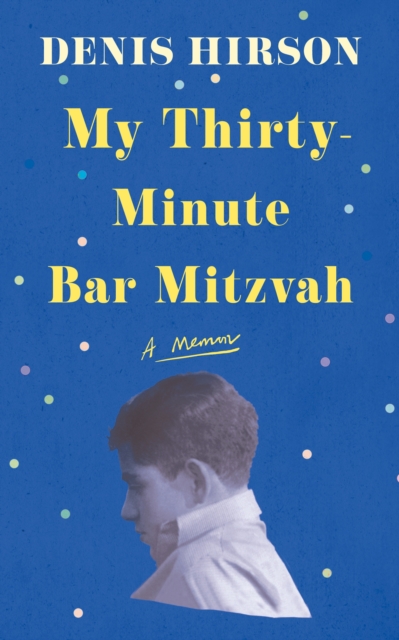Denis Hirson: “They Called My Father A One-Man Revolution”
Denis Hirson’s My Thirty Minute Bar Mitzvah can be read as many different books. It can be read as a new, deeply personal, take on a pivotal episode in the history of South Africa. It can be read as a tender reflection on the mind of the author as he teetered on the cusp of adulthood. It can be read as a portrait of one particular wing of the Jewish diaspora, at one very particular moment in time. And it can be read as an account of how trauma is passed from one generation to the next, but also how with every new generation we are offered the opportunity of recovery…if only we will grasp it.
My Thirty Minute Bar Mitzvah focuses primarily on the life of the author in the early 1960s, when he was between the age of nine and thirteen, and when the politics of his homeland was in turmoil after the brutal Sharpeville Massacre, carried out by the apartheid regime. Indeed, it’s these very politics that are going to impose themselves in a real and immediate fashion on the author’s world, not only shattering his idea of family, of community, of home, but also setting his life on a course that will ultimately see him pitch up in Paris.
















